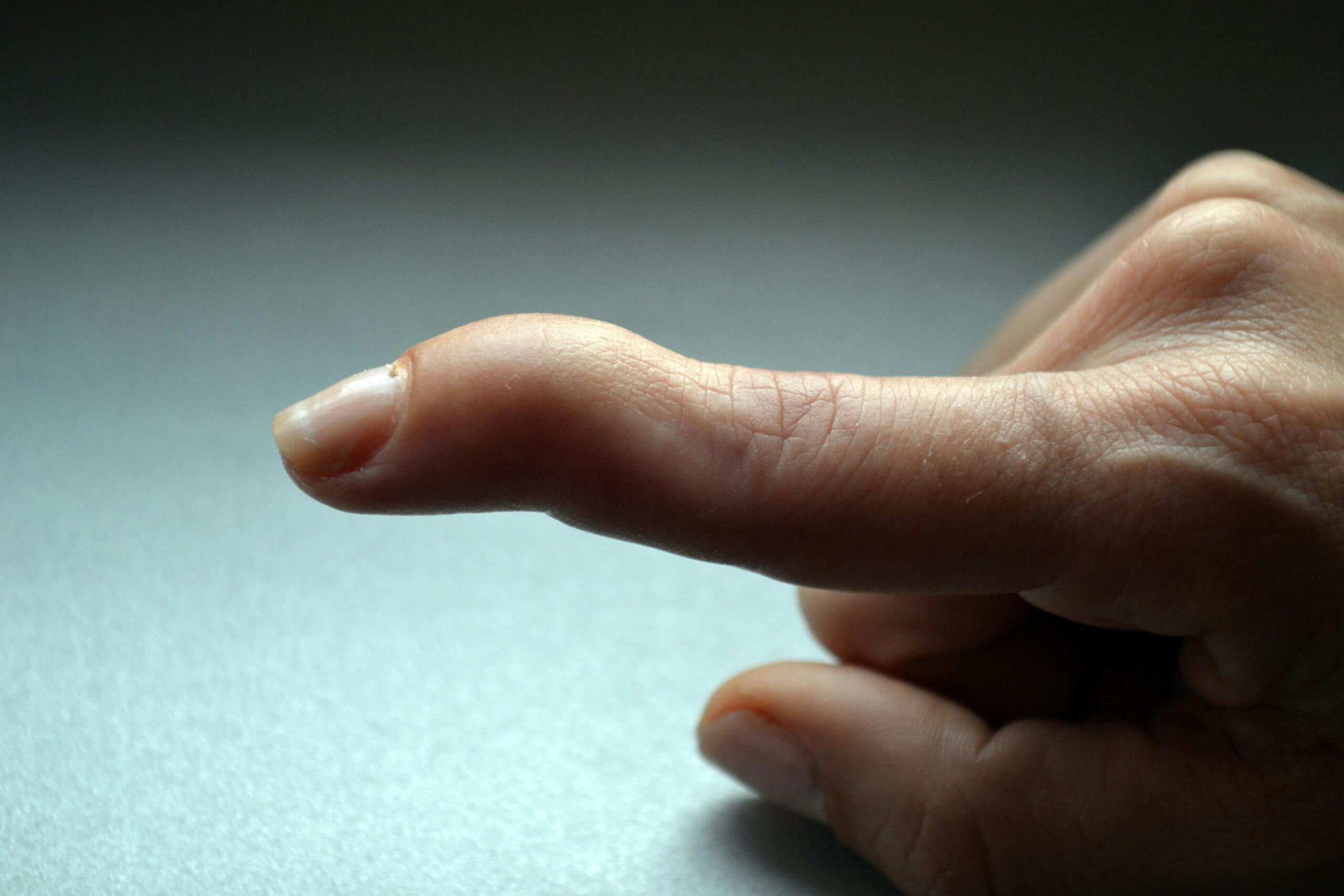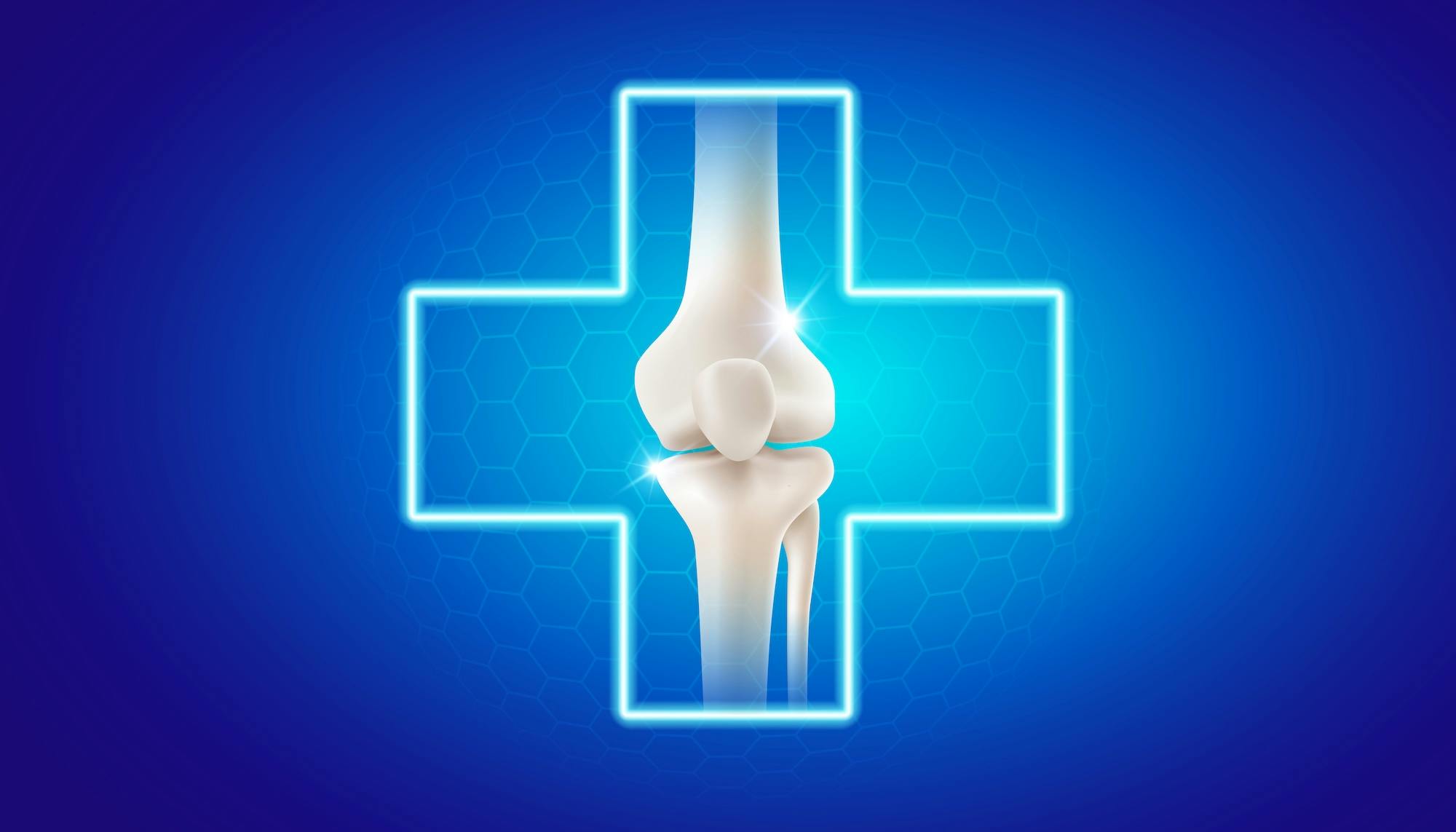- Blog
What is Mallet Finger?
Posted on 04-16-2025 in Hand by Dr. Steven Kronlage

Posted on 04-16-2025 in Hand by Dr. Steven Kronlage
A mallet finger is a disruption of the terminal extensor tendon at the tip of the finger, where the tendon attaches to the bone. Although it used to be known as a "baseball finger," this injury can happen to anyone when an unyielding object (like a ball) hits the tip of a finger forcing it to bend further than it is intended to go. Often the injury is caused by something innocuous, like tucking a bed sheet in or hitting the hand on a door.
In some cases, the tendon pulls off with a fragment of bone from the distal phalanx. The long, ring and small fingers are most likely to be injured. Below we discuss the symptoms, diagnosis and treatment of this common condition.
What are the symptoms of Mallet Finger?
In a mallet finger, the fingertip droops, and it cannot straighten on its own. Usually, one can push the finger back up to normal alignment but are unable to hold it extended. The finger is commonly thought to be “jammed.” The finger may be painful, swollen or bruised. Often there is NO PAIN, just a drooping finger.
The finger should be immobilized in extension. That is, place the finger in a splint and keep it there until you can see a hand specialist. If a mallet finger is not treated in the first few days, the finger may not function correctly and may cause pain.
How is Mallet Finger diagnosed?
After discussing your medical history and symptoms, your doctor will examine your finger. X-rays are needed in all cases of mallet finger to see if there is a fracture. Injuries with even a minor swelling may have a fracture. Your physician will also look for any other injuries. In select cases, our surgeons at North Florida Bone & Joint Specialists will ultrasound your finger to see if the tendon is retracted. A retracted tendon treated with surgery early can yield a superior result over non-operative treatment.
What Are the Treatment Options for Mallet Finger?
Most mallet finger injuries are treated with a splint that holds the fingertip straight (in extension) until it heals. The splint must be worn full time for six to eight weeks to restore function to the finger. If the fingertip droops, healing is disrupted, and you may not heal appropriately.
At North Florida Bone & Joint Specialists, our Certified Hand Therapists can make a cast or custom orthosis to hold the tip of the finger in the correct position to heal correctly. We have devised a splint that can be worn all the time (shower, water sports, work). This makes compliance easier. Our therapists will work with patients on individualized treatment plans based on the significance of the injury. Splinting as a treatment usually results in both acceptable function and appearance. Your doctor may also schedule additional visits to monitor your progress during the healing.
Some patients cannot splint full time for 6-8 weeks because of work (nurse, doctor, dentist, those that must wash hands aggressively) or allergic issues with the splint material. Those patients can have a pin placed across the joint to hold the finger in extension. A splint is only needed in these patients for aggressive activities and not for fine motor activities.
Surgical repair is recommended if there is a large fracture fragment or the joint is out of line (subluxed). In these cases, surgery is done to repair the fracture using pins to hold the pieces of bone together while the injury heals.
Mallet fingers that are chronic can sometimes be treated with surgery successfully. Most physicians will recommend fusing the end of the joint so it no longer moves. This procedure is well tolerated in the index and long finger but not as much with the ring and small.
To learn more about the causes, symptoms and treatment of a Mallet Finger, click on the link below:
https://youtu.be/51x6lh1lh7w
If you are experiencing symptoms of Mallet Finger or have sustained a similar injury, North Florida Bone & Joint Specialists is here to help. Our fellowship-trained physicians, Dr. Steven Kronlage, Dr. Alex Coleman and Dr. James Piorkowski, are available for same-day and next-day appointments in our Gulf Breeze and Pensacola locations. North Florida Bone & Joint Specialists also offers state-of-the-art on-site imaging and diagnostics, making your visit as convenient and accessible as possible. Give us a call today at 850.807.4200 or schedule an appointment online.

March is National Nutrition Month®, and as part of the conversation, the North Florida Bone & Joint team wants to emphasize the impact diet can have on your bone health. Before diving in, it's essential to understand the role the skeleton plays in your body. Specifically, the skeleton—and the bones its comprised of—serve the following functions:

At North Florida Bone & Joint Specialists, we’re committed to delivering convenient, expert care throughout the Gulf Coast. As part of that commitment, we’re excited to announce the expansion of our clinical office footprint. In March, we opened two new locations in Milton and Navarre, FL, further enhancing our ability to serve patients across Northwest Florida.

Valentine’s Day is all about love—so why not show your joints some love, too? Whether you’re an athlete, an active adult, or simply looking to maintain mobility as you age, taking care of your joints is essential for long-term health and well-being. At North Florida Bone & Joint Specialists, we believe that self-care isn’t just about relaxation—it’s about making intentional choices to keep your body strong, pain-free, and resilient. Here are four self-care tips to keep your joints healthy and moving with ease: